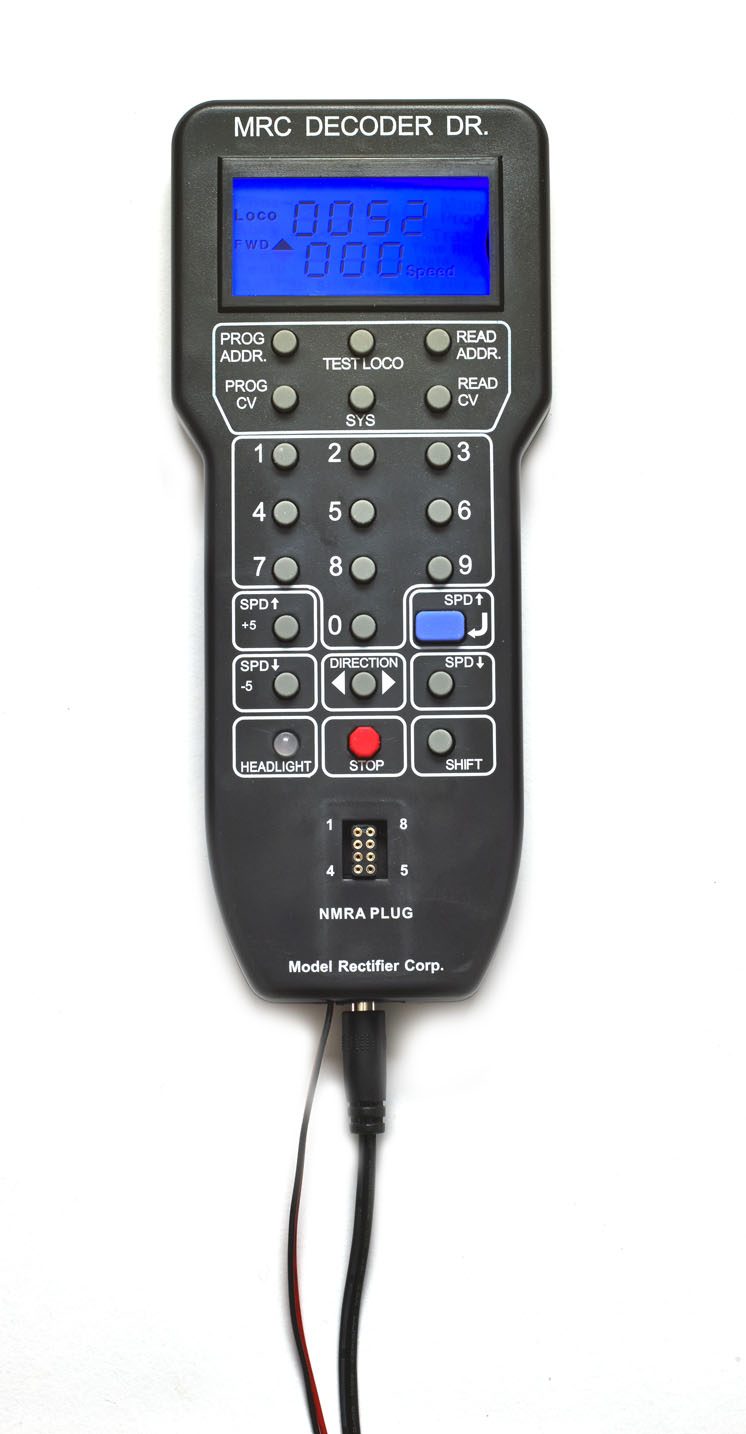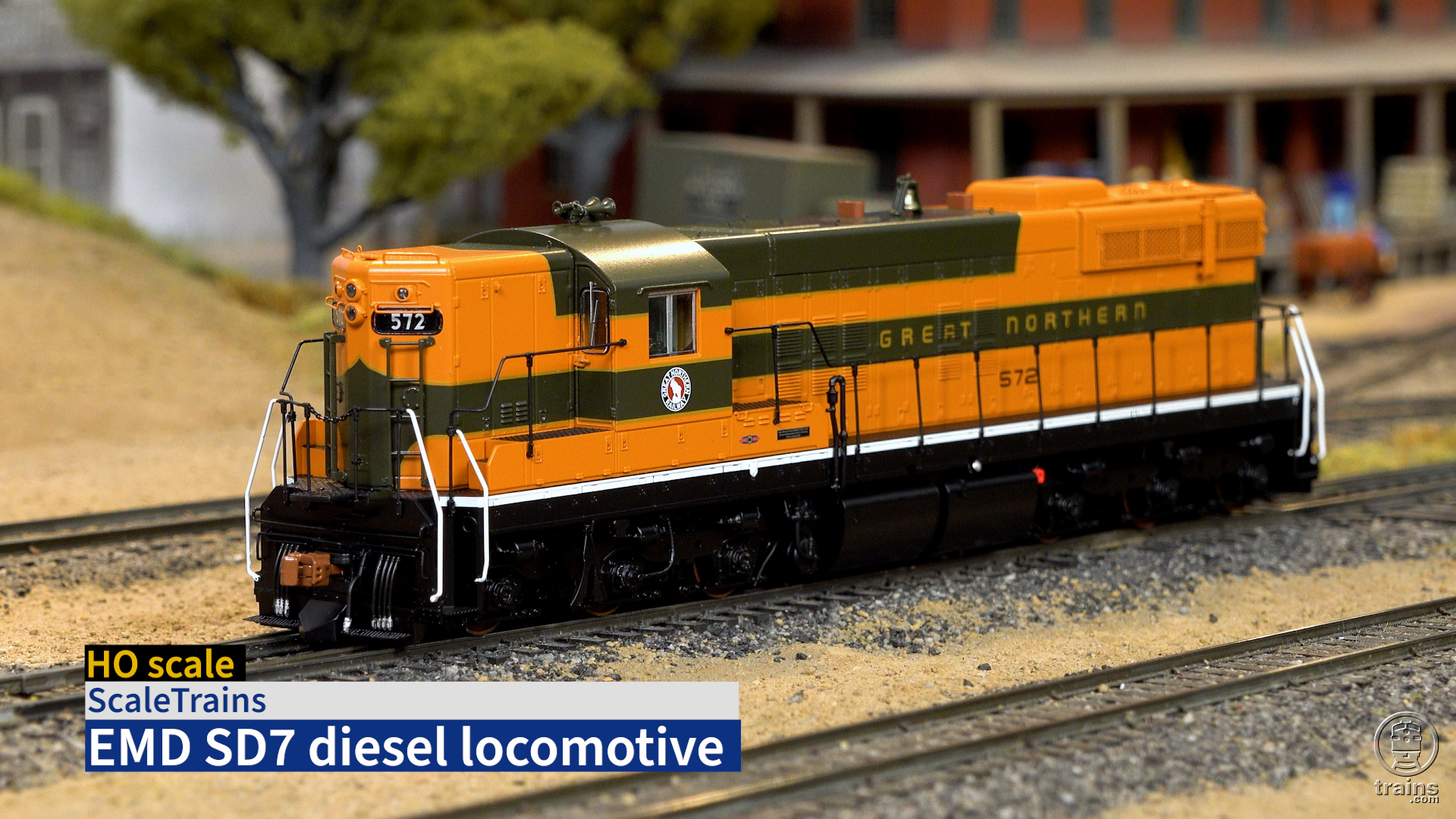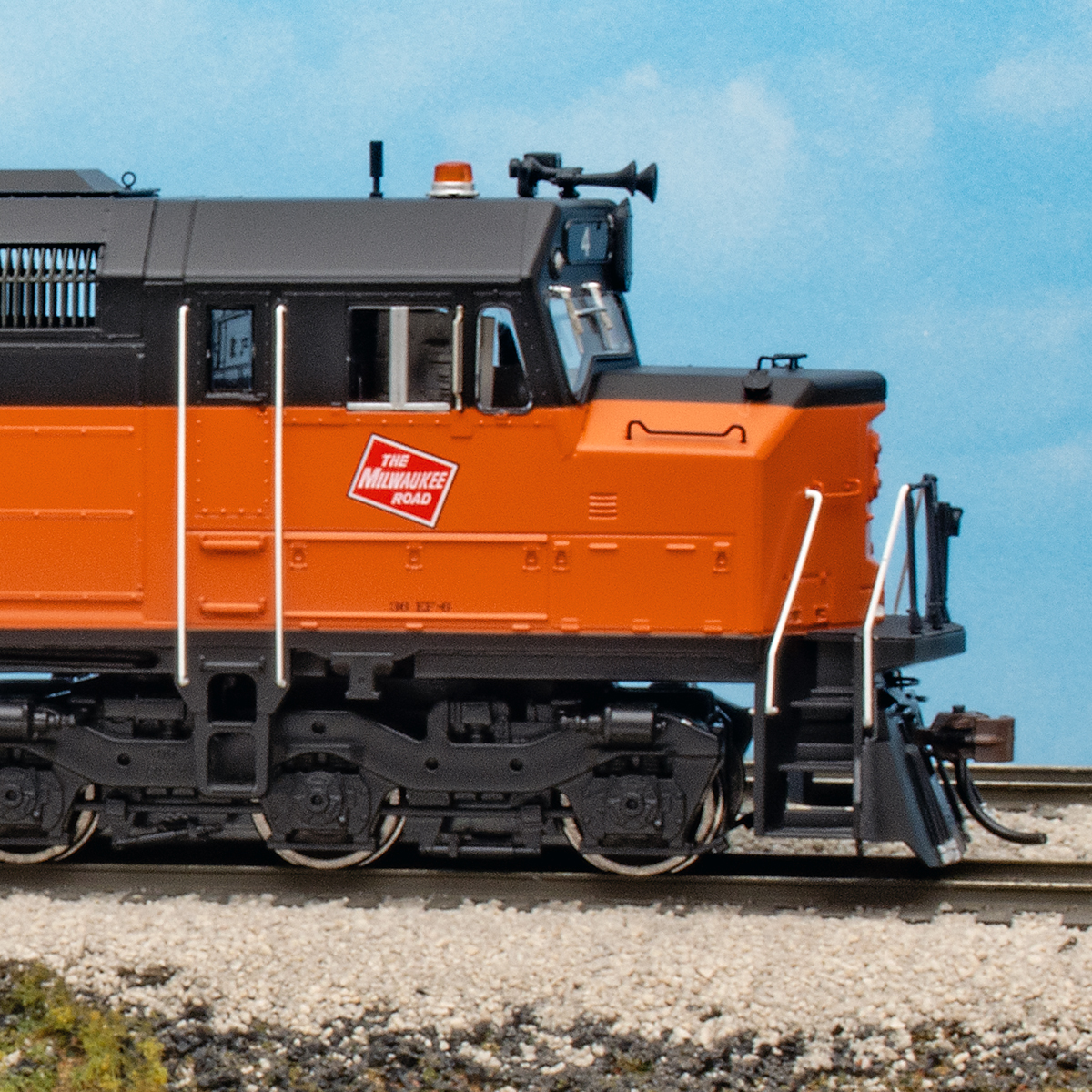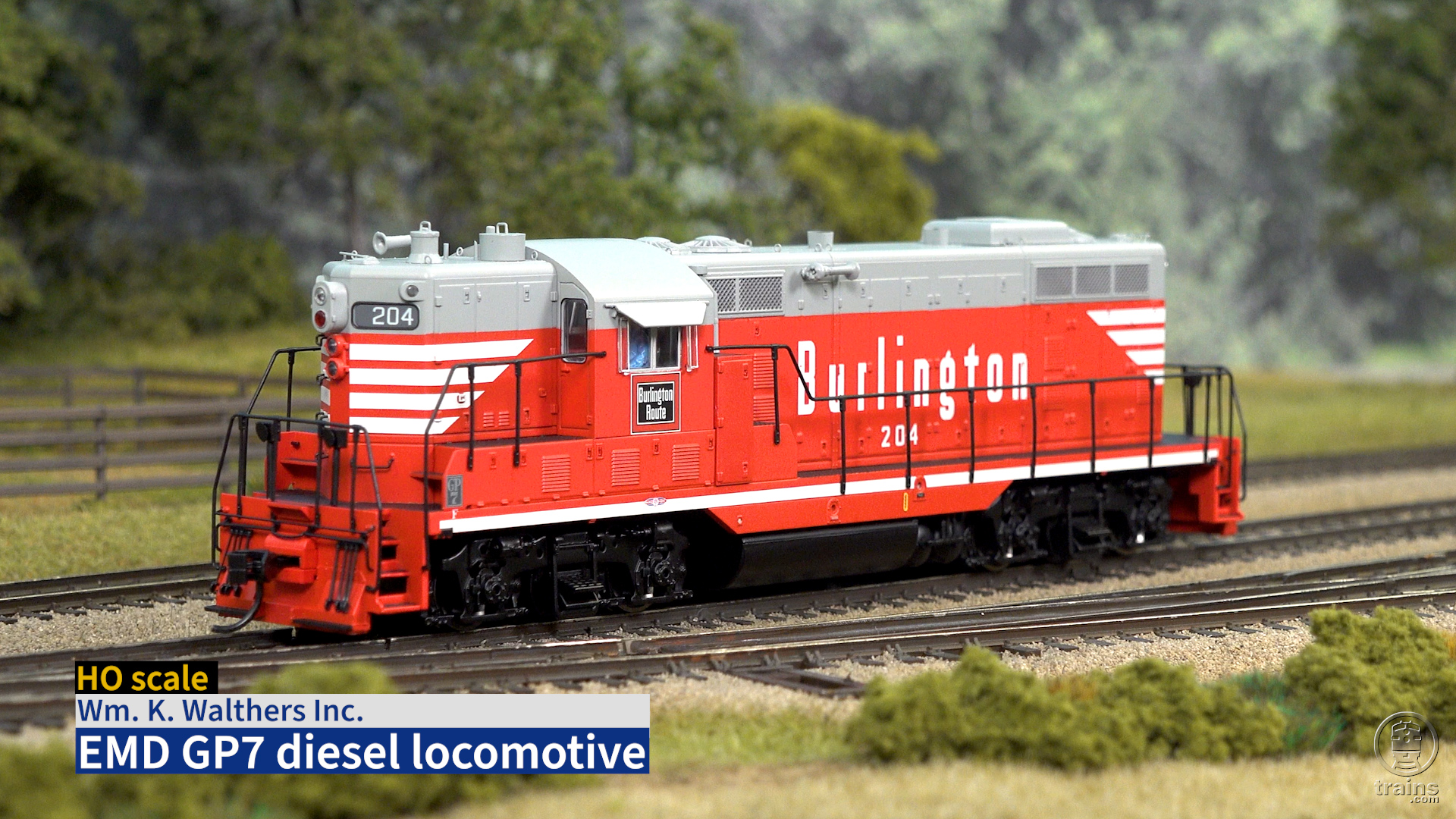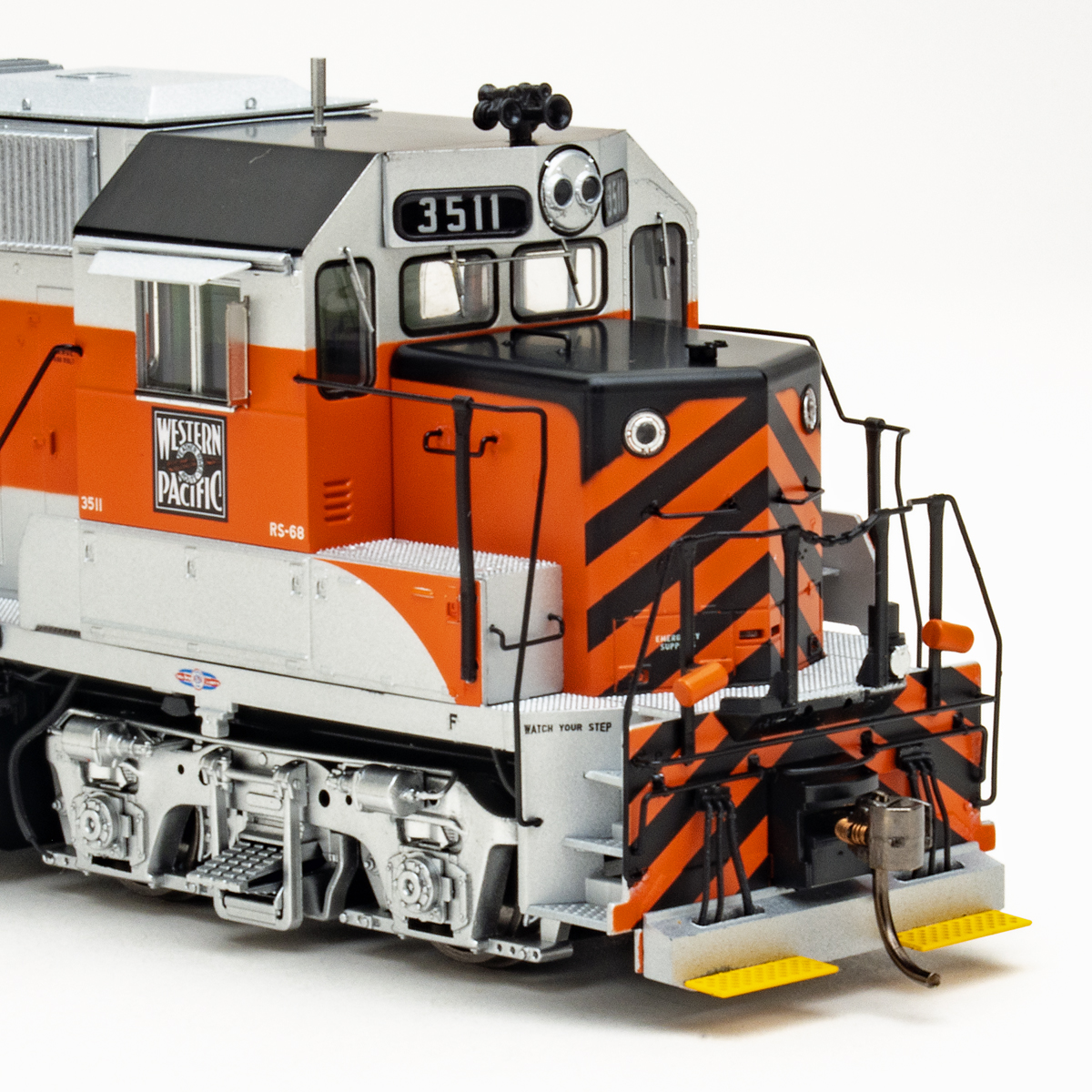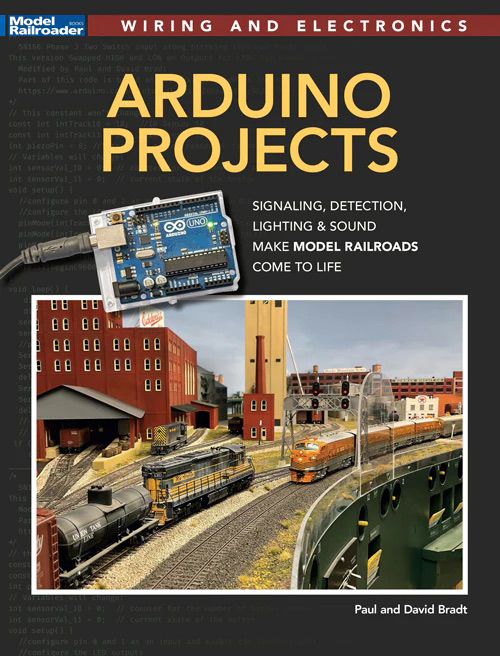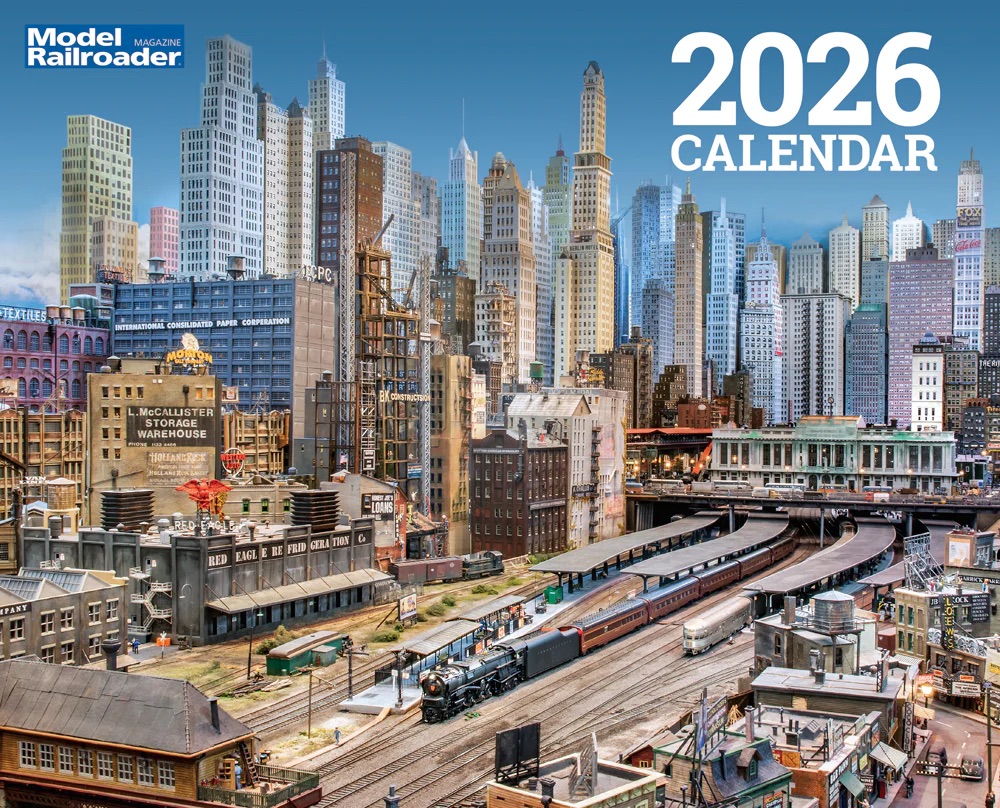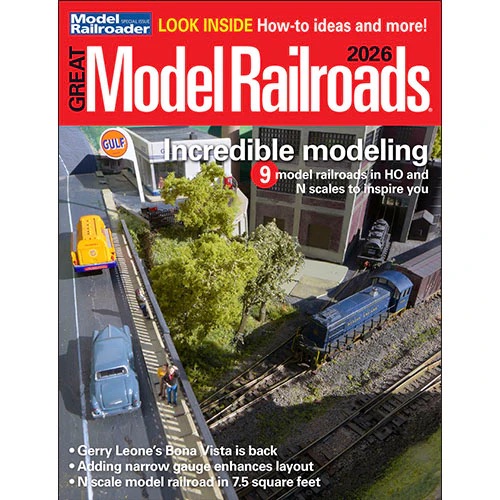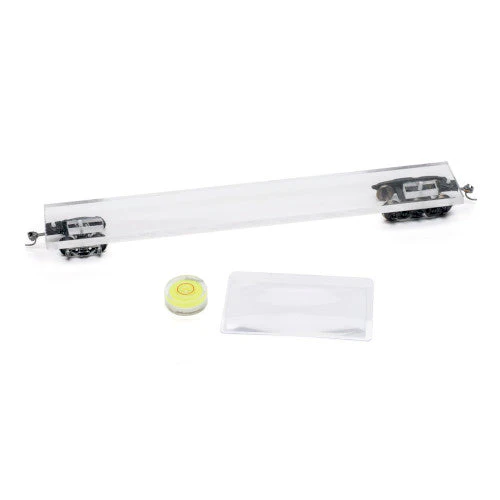Price: $99.98
Manufacturer
Model Rectifier Corp.
80 Newfield Ave.
Edison, NJ 08837
www.modelrectifier.com
Comments: It’s a good idea to test Digital Command Control decoders before investing the time in an installation. It’s also useful to be able to quickly program decoders or decoder-equipped models. The MRC Decoder Dr. is a useful tool for both tasks, and it doesn’t require an MRC DCC system.
The device looks nearly identical to an MRC Prodigy Advance DCC throttle. Both share the same plastic case. The Decoder Dr. features an easy-to-read backlit liquid-crystal-display screen.
However, the Decoder Dr. doesn’t double as a DCC throttle. Instead, two wires connect to an isolated section of track for testing one locomotive at a time. There isn’t a programming on the main feature.
The unit can be powered by the included cord that connects to the main track power output of a DCC system, or a 15-volt power supply (not included). I preferred using the Decoder Dr. with a separate power supply, as it made the device a self-contained testing unit.
Using the National Model Railroad Association 8-pin DCC plug on the Decoder Dr., I tested several 8-pin decoders from numerous manufacturers. For 9-pin and other plug configurations, the user will need to either purchase or make a wiring harness that connects to an 8-pin socket.
I appreciated the simplified commands along the top of the unit to program and read decoder addresses or configuration variables (CVs) . A numeric keypad and shift key let me test functions 0 to 28. The unit doesn’t have a speaker, so I had to attach one to any sound decoder I tested. There’s a light-emitting diode (LED) for testing the headlight output.
The modeler will need to consult the decoder or locomotive manual to determine which functions and configuration variables are supported.
I connected the Decoder Dr. to our workshop test track and used it to read and program CVs and test decoder-equipped locomotives from several manufacturers, including motor and light decoders from MRC, NCE, and Train Control Systems. I also tested and programmed DCC sound- equipped units with MRC, SoundTraxx, and ESU LokSound decoders.
The Decoder Dr. makes fine-tuning and troubleshooting DCC decoders an easier task.





